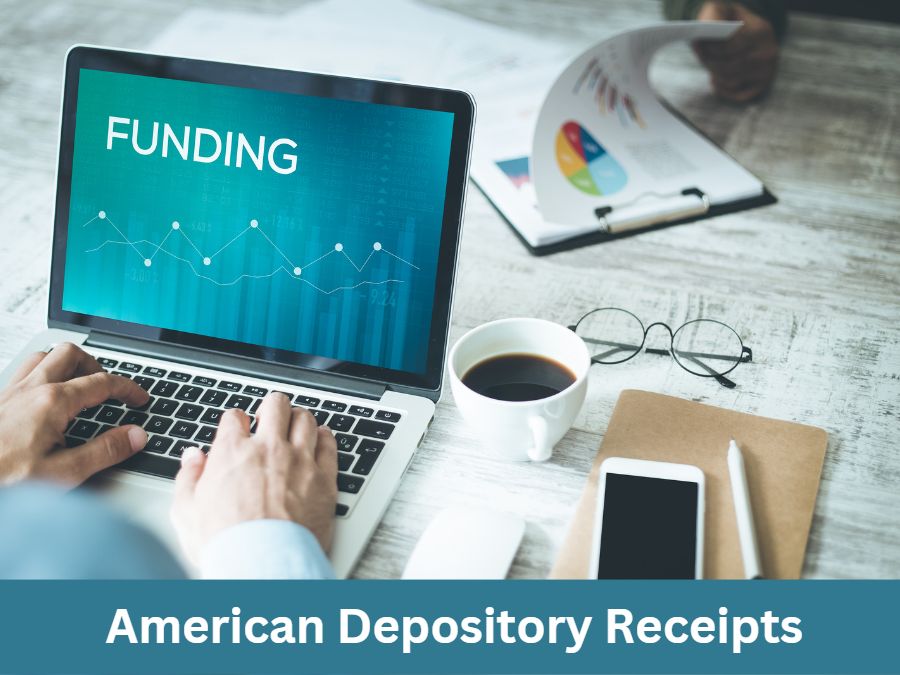Investment opportunities in foreign markets are more appealing to people and organizations. Investors can get an ownership stake of international firms through American Depository Receipts (ADRs) without having to deal with the red tape and language barriers of investing in a foreign company directly. Trading international equities through U.S. exchanges via ADRs has several advantages, including lower currency risk, easier transaction processing, and access to overseas markets and sectors. In this blog, we will explore American Depository Receipts and their advantages, disadvantages.

Picture Credits – Finside
What is ADR?
U.S. banks will issue certificates to represent overseas stocks known as American Depositary Receipts (ADRs). Despite certificates being traded in the United States, foreign shares are often retained in custody abroad.
How ADRs work?
Through American Depository Receipts shares of multi-national companies are traded on a daily basis on the New York Stock Exchange, the American Stock Exchange, and the Nasdaq Stock Market in the United States.
ADRs can be purchased by investors through broker/dealers. In turn, these broker-dealers have two options for getting their clients access to ADRs: buying ADRs already issued on a U.S. market, or issuing their own.
An ADR is established when a broker or dealer in the United States purchases shares of a foreign issuer in that foreign market. The broker from the United States deposits the stock with a local bank.
Once the bank has issued the ADRs the custodian or broker/dealer can credit the client’s account with the corresponding number of shares.
The availability of shares, the price and market for ADRs, and market circumstances all have a role in a broker/dealer’s decision to issue additional ADRs.
Types of ADR
- Unsponsored ADR – When a broker-dealer initiates the process of creating ADRs, it is called an unsponsored ADR program since the foreign firm did not have a part in the program’s development.
- Sponsored ADR – Foreign companies seeking entry into the American market typically finance ADR initiatives rather than having them developed organically.
Risks of ADR
ADRs still carry some currency risk, though. Instead, the corporation pays dividends in its home currency and the issuing bank pays them out to ADR holders in dollars after deducting the expenses of currency translation and any applicable international taxes. The dividend’s purchasing power fluctuates with changes in the exchange rate.
Advantages
- Easier access to substantial capital.
- Foreign-currency availability
- The Shareholding Structure and Voting Pattern may not change
- The Company’s name is more known on a global scale among financial institutions, consumers, etc.
- Interest and dividends from the Company are paid in Indian Rupees, thus there is no exposure to currency rate fluctuations.
Disadvantages
- The high issue cost.
- Stipulation that the issue must be somewhat sizable.
- Strict regulations that must be followed
Read More –
